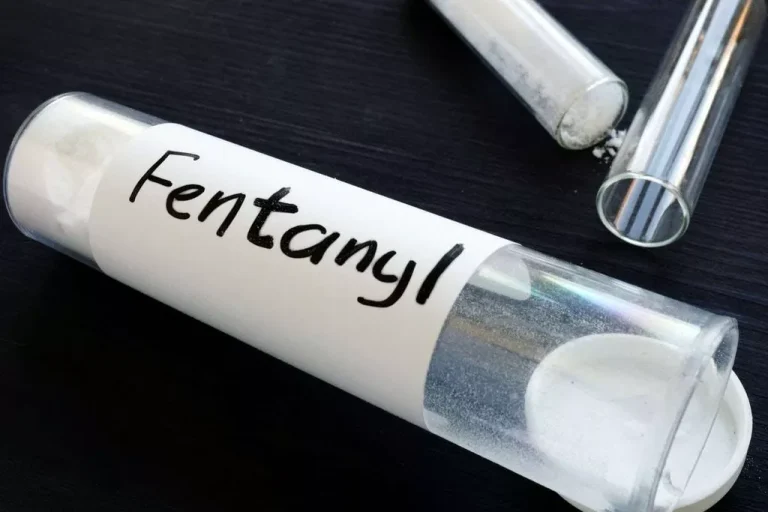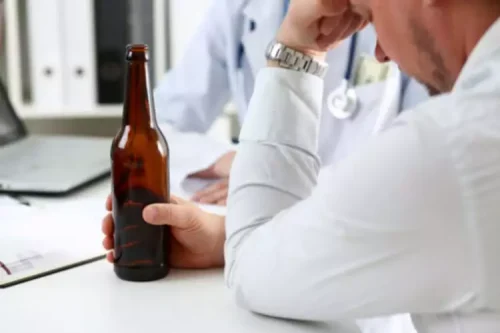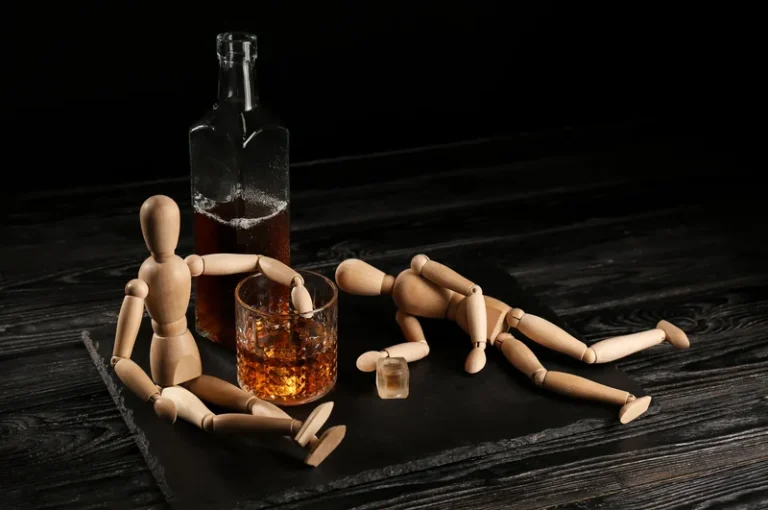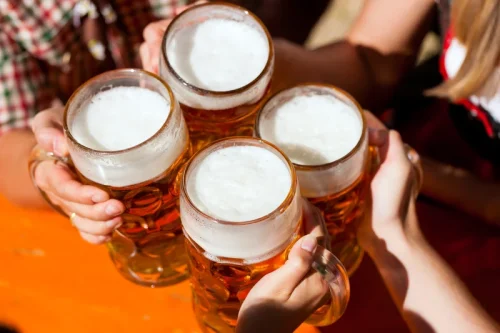Are psychedelic Experiences Intrinsically Valuable? Practical Ethics

“People who are trying to stop using more addictive and dangerous drugs. There has been really good research into how psilocybin can help you stop using heroin, stop using cocaine,” State Rep. Lindsay Sabadosa (D-1st Hampshire District) said. “These drugs are hallucinogens. That means they cause hallucinations and delusions,” said Dr. Nassir Ghaemi, president of the Massachusetts Psychiatric Society. “These agents should be treated like any medications, that is, they should be given by prescription with medical supervision.”
Psychedelic-Assisted Therapy in Treatment
- Capturing this controlled relief, Dr Frederick Barrett’s research suggests that, under the right conditions, psychedelics may have the potential to treat a wide range of mood and substance disorders.
- The most notable of these is unfolding in Oregon, where in November 2020 voters approved a ballot initiative legalizing psilocybin and establishing a statewide system of psilocybin therapy clinics.
- Despite unprecedented levels of psychopathology worldwide, the field of psychiatry has produced relatively few novel interventions in recent decades.
- While psychedelic drugs such as LSD and psilocybin are still illegal in the US, they are believed to have the potential to treat a range of conditions including anxiety, depression, and addiction.
Focusing on treatment-resistant depression for the moment, however, we both recognize that a significant number of patients treated first line with either a SSRI or CBT fail to respond adequately (Gaynes, 2009). Persisting symptoms lead to enduring chronicity of depression, and there is no consensus in existing guidelines on what to do next. Moreover, the efficacy of secondary intervention is often modest and new medications can introduce new side effects. Thus, the case for a particular unmet need in cancer patients is actually quite difficult to sustain. The idea that cancer diagnosis poses a particular threat to existential/spiritual well-being in some patients may be correct but there is a risk that one recruits into trials people with a particular interest in psychedelic experience, who are hence predisposed to endorse its benefits. In the published study where it is reported, the rate of previous use of hallucinogens was indeed high (55% in the Ross et al, 2016).
Reclassification recommendation for psilocybin
Other research has supported psilocybin’s capacity to treat tobacco use disorder [31], alcohol use disorder [32], and obsessive compulsive disorder [33]. First, studies included in this review varied in terms of design, qualitative research methodology, analysis methods, timing of the interviews, and overall quality. Compounded by the diversity of substances and heterogeneity of treatment contexts, it could be argued that this review compared orchard-grown apples with indoor-cultivated oranges. As a result, substance-specific characteristics for the treatment of specific disorders could not be teased out. It has been suggested that MDMA, for example, possesses characteristics that make it uniquely useful for the treatment of PTSD [122]; the same has been argued for ibogaine in the treatment of SUD [42].
Question 4 could legalize the use of psychedelic substances in Massachusetts
But, just as for other studies, symptoms alone are a problematic way of assessing outcome. In other words, they are not highly proximal to the disease process as for example research domain criteria dimensions have been suggested to be. But, they are also not distal enough for assessing the functional value of treatment either. Geolocation is particularly simple to obtain entirely passively from mobile phones.

“Therapists consistently noted that their own experiences with psychedelics helped them build trust with their clients and gave them a deeper understanding of the patient’s journey through therapy,” says Dr. Argento, a postdoctoral researcher and lead author. The research, led by Dr. Elena Argento, Tashia Petker and Dr. Zach Walsh from UBCO’s Department of Psychology in the Irving K. Barber Faculty of Arts and Social Sciences, found that first-hand experience could enhance therapeutic outcomes and improve patient safety. In other respects, a psilocybin trial is easier to conduct than studies requiring continuing adherence to a daily oral dose of an antidepressant. Exposure to the treatment can be completely controlled and follow-up can be relatively pragmatic.
Pragmatically, we accept that minimizing the active psychological work of the therapy would be desirable (eg, therapy time is expensive) and scientifically, doing so would allow drug effects and dose to be better identified. Critically however, any such therapy minimization should not be allowed to jeopardize patient safety (Johnson et al, 2008). A future challenge will be to learn how psychological interventions can maximize the advantages of the psychedelic state. For example, we can imagine how cognitive therapy, attentional-bias training and/or de-sensitization could be investigated with or without psilocybin assistance.

Standard psychedelic therapy
When used in a therapeutic setting where a trained professional can help a person understand and integrate these experiences, psychedelic therapy has the potential to help relieve the symptoms of certain psychiatric conditions. An emerging body of research suggests that psychedelic therapy may help ease some symptoms of addiction. Addiction and other mental health symptoms, such as depression, commonly occur together, which may help explain the benefits. Perhaps by reducing other mental health symptoms, psychedelics make it easier to quit abusing substances.


As a clinician long committed to the view that neuroscience should inform psychiatry, psychedelics have always looked like a serious opportunity. Their structure and pharmacology inspired a generation of neurochemists to understand neurotransmitters and their receptors. And, the very idea that drugs could usefully change the experience of distressed patients with psychiatric disorders underpinned the revolution in psychopharmacology in the three decades from 1950.

Trust and a good connection or rapport with study guides, therapists and ceremonial leaders were explicitly mentioned as important therapeutic aspects [53, 80, 83, 87, 89]. A close examination of patients’ experiential accounts could increase our understanding by providing more detailed insight into these and other underlying (psychological) mechanisms. Given the highly personalized nature of psychedelic-induced patient experiences, quantitative measurements might not capture the full spectrum of phenomena experienced by patients. Qualitative inquiry is typically concerned with understanding the how, what, or why of a particular phenomenon and can generate a more holistic account of the issue being studied [60, 61].
Self-treatment can pose a number of risks including the psychological dangers of experiencing a bad trip, the possibility of drug interactions, and the fact that many street drugs are mixed with unknown and potentially harmful substances. One study published in the Proceedings of the National Academy of Sciences suggests that the mood improvements induced by psychedelic drugs also appear to have lasting benefits. People who took psilocybin continued to experience improved are psychedelics addictive well-being and increased social connectedness even after the substances wore off. Researchers have uncovered a number of potential applications for psychedelic therapy. Studies have found that anxiety, depression, substance use, alcohol use, and PTSD may all respond positively to psychedelic-assisted treatments. One variation of psychedelic therapy is known as microdosing, which involves taking very small, sub-hallucinogenic doses of psychedelic substances.
Acesse também em outras plataformas:

Comentários